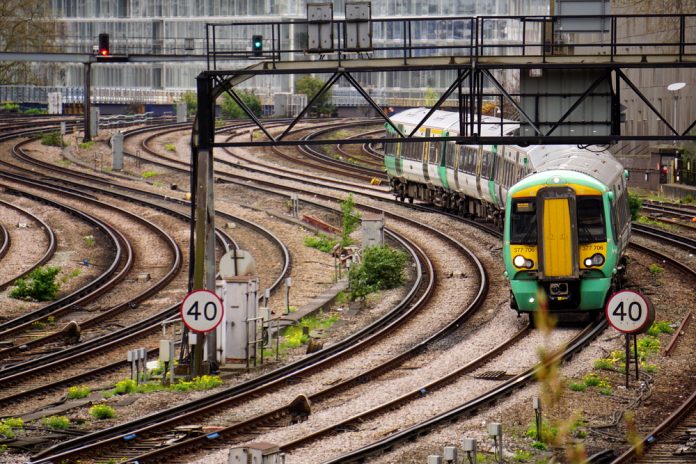
The annual increase to rail fares is set to come into force today, triggering protests across the UK.
Fares will increase by an average of 3.4 percent, over the consumer price index inflation rate. According to the Labour party, the average season ticket will now cost £2,888 – 30 percent more than 2010.
Protests are spread across 40 stations, with some commuters having to pay more than £100 for season tickets.
According to Paul Plummer, the chief executive of industry trade body the Rail Delivery Group, the higher prices will lead to more investment and better services.
“Fares are actually underpinning massively required investment,” he said.
Fares today account for approximately 70 percent of the cost to run trains. This figure used to be closer to 50 percent.
The price of train tickets has risen at a “staggering” rate, says Andy McDonald, the shadow transport secretary. The rate has risen three times quicker than wages since the start of the David Cameron government.
“Commuters have repeatedly been told that higher fares are necessary to fund investment, but promised investment has been cancelled and essential works have been delayed by years,” he said.
“The truth is that our fragmented, privatised railway drives up costs and leaves passengers paying more for less. The railways need serious reform that could be achieved if the Tories matched Labour’s manifesto policy to extend public ownership to passenger services.”
The consumer group, Which?, raised criticism of the new increased fares.
“This price rise is yet more bad news for passengers, many of whom have just come to the end of yet another year of cancellations, delays, overcrowding and poor service from train companies,” said Alex Hayman, head of public markets.
The Rail, Maritime and Transport Workers (RMT) union have planned strikes for January 3 in several stations including at King’s Cross, Leeds, Manchester Piccadilly and Cardiff.
